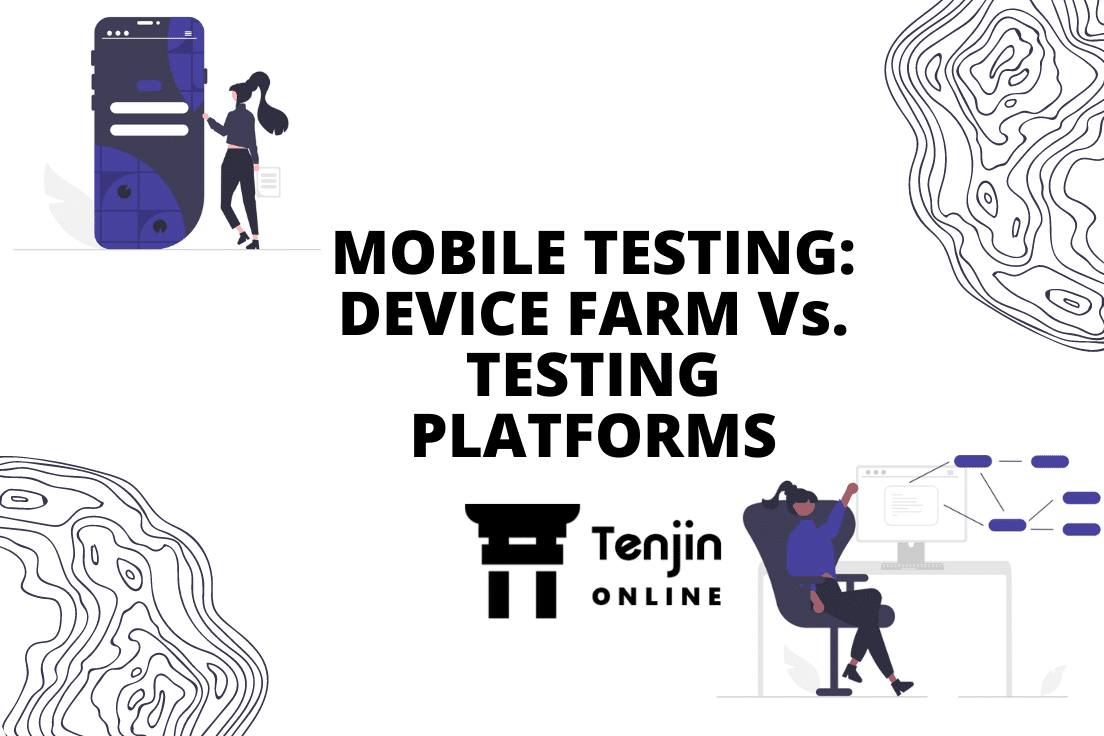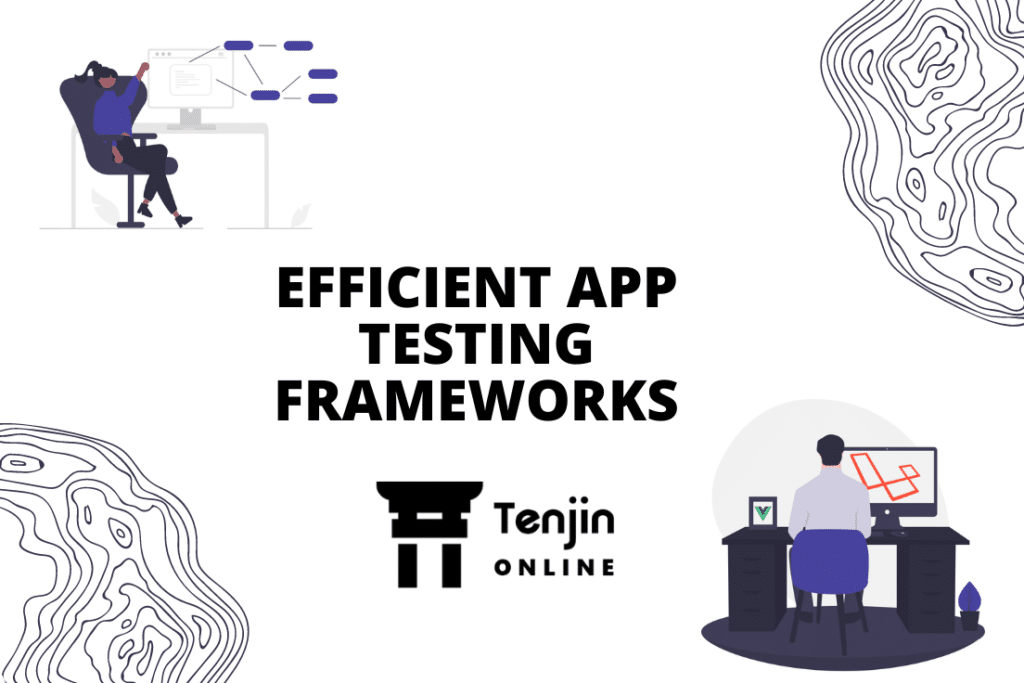
It is estimated that about 1.38 billion smartphones we sold worldwide in 2020 alone. These smartphones come in various screen sizes, resolutions, operating systems, different aesthetics, and functionalities. The testing procedure cannot be standardized for all the devices, at the same time carrying out testing on real devices becomes difficult due to budget constraints. In spite of device fragmentation and OS challenges, mobile app testing can be efficiently performed by using various testing platforms, virtual devices, and device farms.
Testing the application across multiple platforms is a highly complicated and tedious job. It requires the tester to recognize the system behavior across the highly fragmented Android ecosystem and perform cross-platform to identify the bugs and errors. The increasing advancement in testing platforms and Device Farms offers immense scope to improve the app quality.
Mobile App Testing Platform
The mobile app market is rapidly growing day by day. There are almost 1.5 million apps on Google Play Store and Apple Store; it is important that the app is functional across all the devices. The challenge for mobile applications is that there are multiple OS versions and around 130 mobile manufacturers in the market. It might be a daunting task to test the application for every platform and device. Mobile app test automation platforms are popularly used to perform mobile app testing.
App testing platforms are best suited for data-intensive projects to achieve accuracy and consistency. Test automation can be performed for the following scenario:
Regression Testing: In the event of any changes made across the system, regression testing is performed to check if the code is functioning correctly. Automated testing platforms are most suitable to test the frequent code changes and maintain the quality of the system. Regressions are run quickly and efficiently to achieve the best quality metrics.
Repeated Execution: Manual execution of repetitive tasks can be tedious and time-consuming. Automating the repeated execution can eliminate the need for creating and maintaining test scripts every time, while easily and quickly finishing the test execution.
Performance Testing: The app may tend to show inefficient performance when thousands of end-users are using the app all at the same time. It is complex to conduct performance testing manually, automated testing platforms are best suited for performance testing.
Understanding Device Farm
Device Farm also known as Device Cloud is a testing environment that carries out testing in the real-world scenario. It involves real devices interacting with operating systems and offering access in real-time. A wide range of Device Cloud are available, one can choose the Device Cloud that supports their test automation framework and allows testing of a huge number of devices in real-time.
As the devices are available in different OS versions, wireframe, vendor customization, and a lot more difference, cross-platform testing become highly difficult. However, this scenario can be easily handled using a Device Cloud; it is known as the future of cross-platform testing. Device Farm is/and will continue to transform the way mobile testing is performed.
Benefits of Device Farm
- Compatible with native and hybrid Android and iOS mobile applications
- Suitable for performing testing of cross-platform apps
- Higher test coverage
- Seamless AI and ML integrations
- Users need not manage several devices: all devices are available on Device Farm
- Defect and fix issues faster
- Test case customization available
- Device farm enables multiple test executions at the same time, thereby, speeds up the testing and reduces cost
- Test scaling is easier on a Cloud platform in comparison to on-premises testing
- Global teams can access the platform from anywhere through any device at anytime
- The variety of devices available will assist in expanding platform reach
- There is no need to manage devices because device farms do it
- It is less costly than doing it yourself and no overhead
- Scaling the tests is better in the Cloud than on-premises
- It is accessible from everywhere, which is important for global teams
Which one to choose?
Here, we have listed the Device Farm and testing platforms option to perform testing of mobile applications. The decision to select the best will depend on the testing requirement and budget. While test automation platforms are best suited for regression and performance tests, Device Farms are the perfect choice to conduct cross-platform testing. Hence, the choice of tool depends on what you are trying to test.



Leave a Reply
You must be logged in to post a comment.